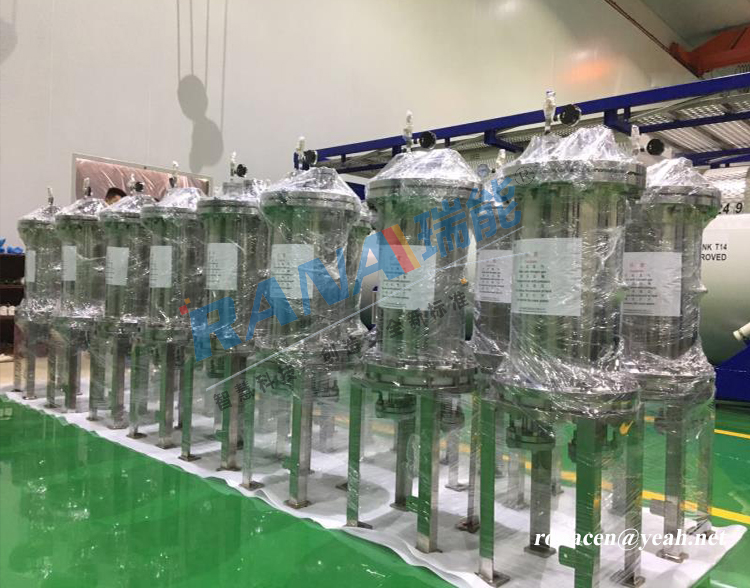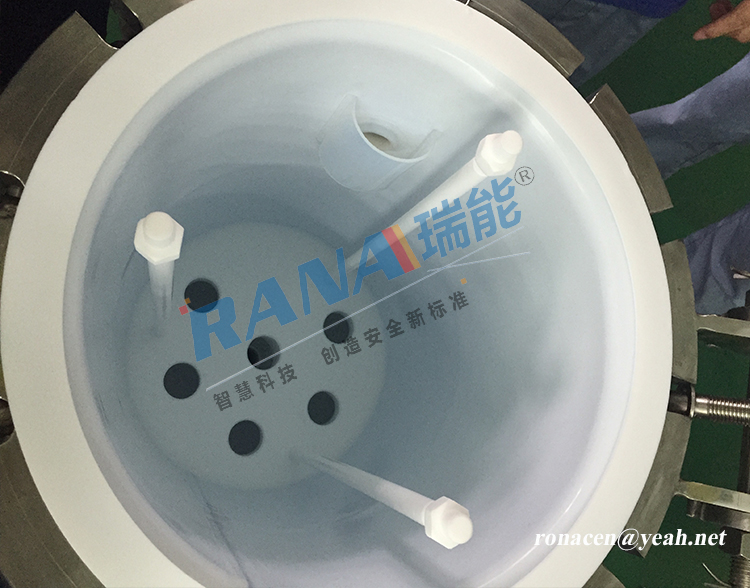Improve taxation policies for recycling resources
The new corporate income tax law, which came into effect on January 1 this year, introduces a preferential system focused on "industry incentives and regional benefits," aiming to boost technological innovation, resource recycling, energy conservation, and environmental protection. In line with China's goals for sustainable development and efficient resource use, it is essential to develop taxation policies that support the circular economy. To meet the evolving needs of enterprises in terms of technological advancement, the tax system should be further refined in several key areas.
First, the value-added tax (VAT) burden on circular economy projects should be reduced. By shifting from a "production-type" VAT to a "consumption-type" model, and keeping the tax rate at 17%, businesses will have more incentive to invest in advanced technologies and modernize their equipment.
Second, expanding the scope of input tax deductions under VAT would help. This includes allowing deductions for equipment investments, technology transfer fees, R&D costs, and expenses related to new product trials that promote energy efficiency and waste reduction. Additionally, recyclable products made from waste materials should qualify for tax rebates if they meet certain scale requirements.
Third, the consumption tax should emphasize environmental protection. Products that consume non-recyclable materials, large amounts of resources, or cause significant pollution should face higher taxes. On the other hand, low-emission vehicles using renewable energy sources should enjoy lower tax rates or exemptions. Similarly, eco-friendly products that do not harm the environment should be tax-free.
Corporate income tax should also play a key role in encouraging resource recycling. Expenses related to purchasing energy-saving equipment and developing green products can be deducted before calculating corporate income tax. Income from producing pollution substitutes or utilizing waste resources should be tax-exempt. Energy-efficient vehicles and buildings, as well as retrofitting existing structures, should benefit from tax incentives such as reductions, exemptions, accelerated depreciation, and investment credits.
Reforming the resource tax is another priority. Non-renewable resources and those nearing depletion should be taxed more strictly, with a shift from specific to ad valorem taxation to increase the tax burden. Tax incentives should also be provided for products made from alternative resources.
Improving the vehicle taxation system involves replacing current charges with an ownership tax and introducing a fuel tax based on consumption. Higher fuel consumption means higher taxes, especially for polluting fuels like gasoline and diesel.
The business tax should also support technological progress by offering exemptions to companies involved in energy-saving technologies, technology transfer, and related services.
Environmental protection tax should target entities that produce harmful products or discharge pollutants. A differential tax rate approach would apply, with zero rates for "green industries" and punitive rates for polluters.
Finally, a "green tariff" system should be introduced to impose heavy taxes on environmentally harmful imports, ensuring better quality and preventing pollution transfer. Export tariffs on high-energy, high-pollution products should be raised to protect domestic resources.
RANA Fluoropolymer Lined Filter Housing are all manufactured by advanced lining technology, which are widely used in chemical and pharmaceutical industries.

RANA commits to offering high-quality fluoroplastic PTFE, PFA, ECTFE sheet lined filter for each buyer, RANA pride on helping your company to improve the production efficiency, reducing cost losses and increasing profits.

PTFE Lined Filter,PFA Lined Filter Housing,Teflon Lined Cartridge Housing,Fluoropolymer Lined Filter Housing
JIANGSU RANA FLUORINE MATERIAL TECHNOLOGY CO., LTD , https://www.ranatank.com